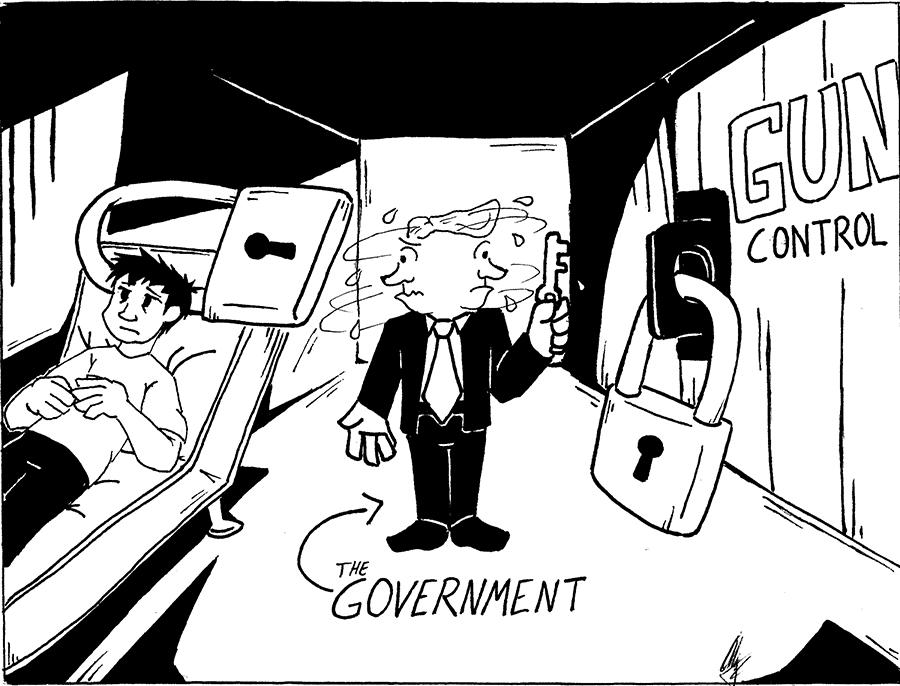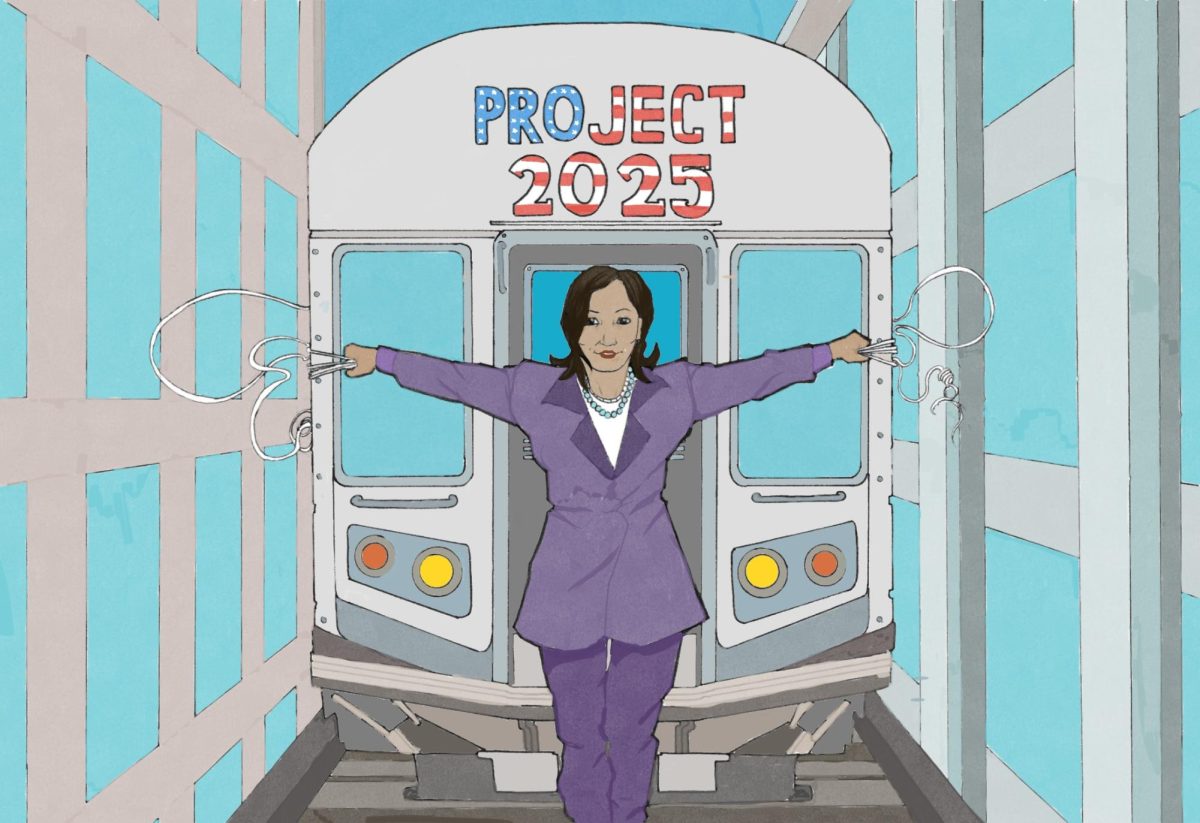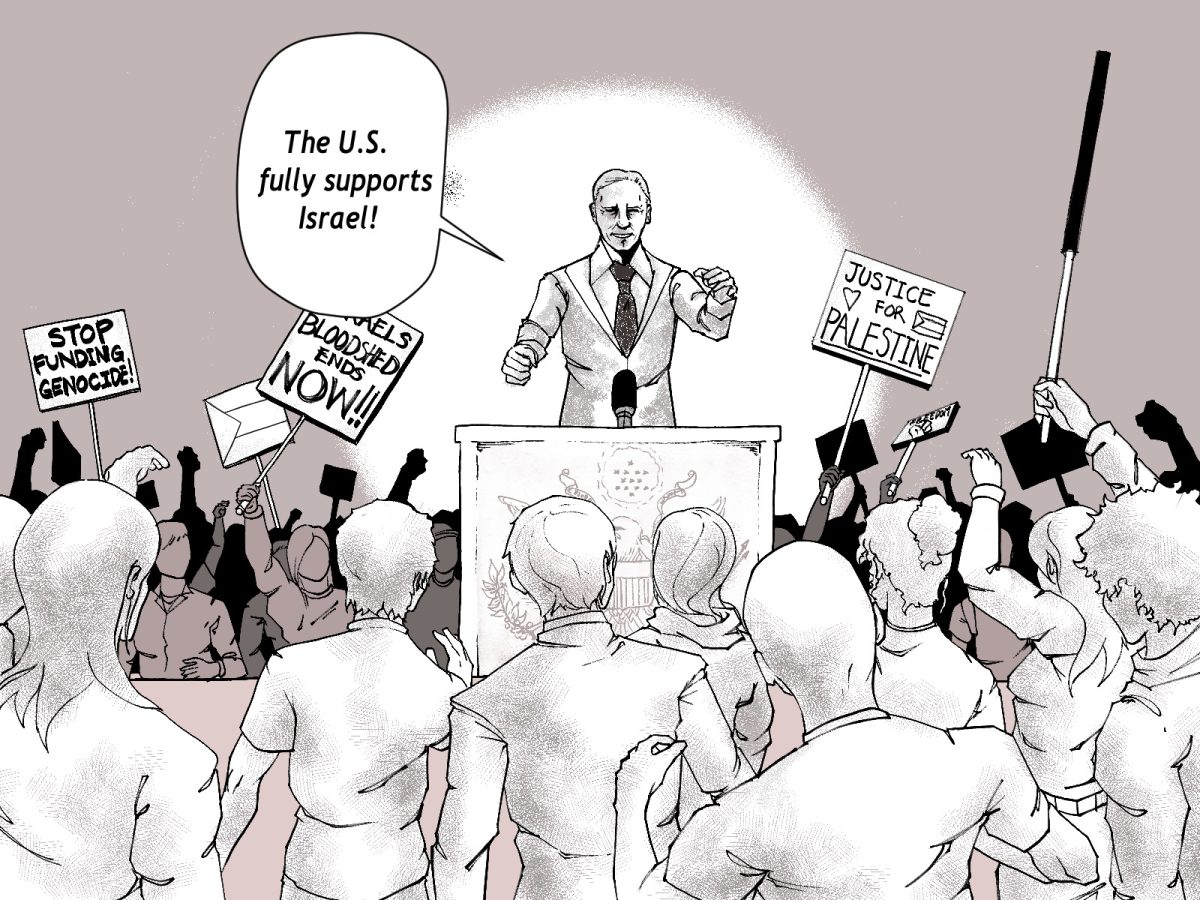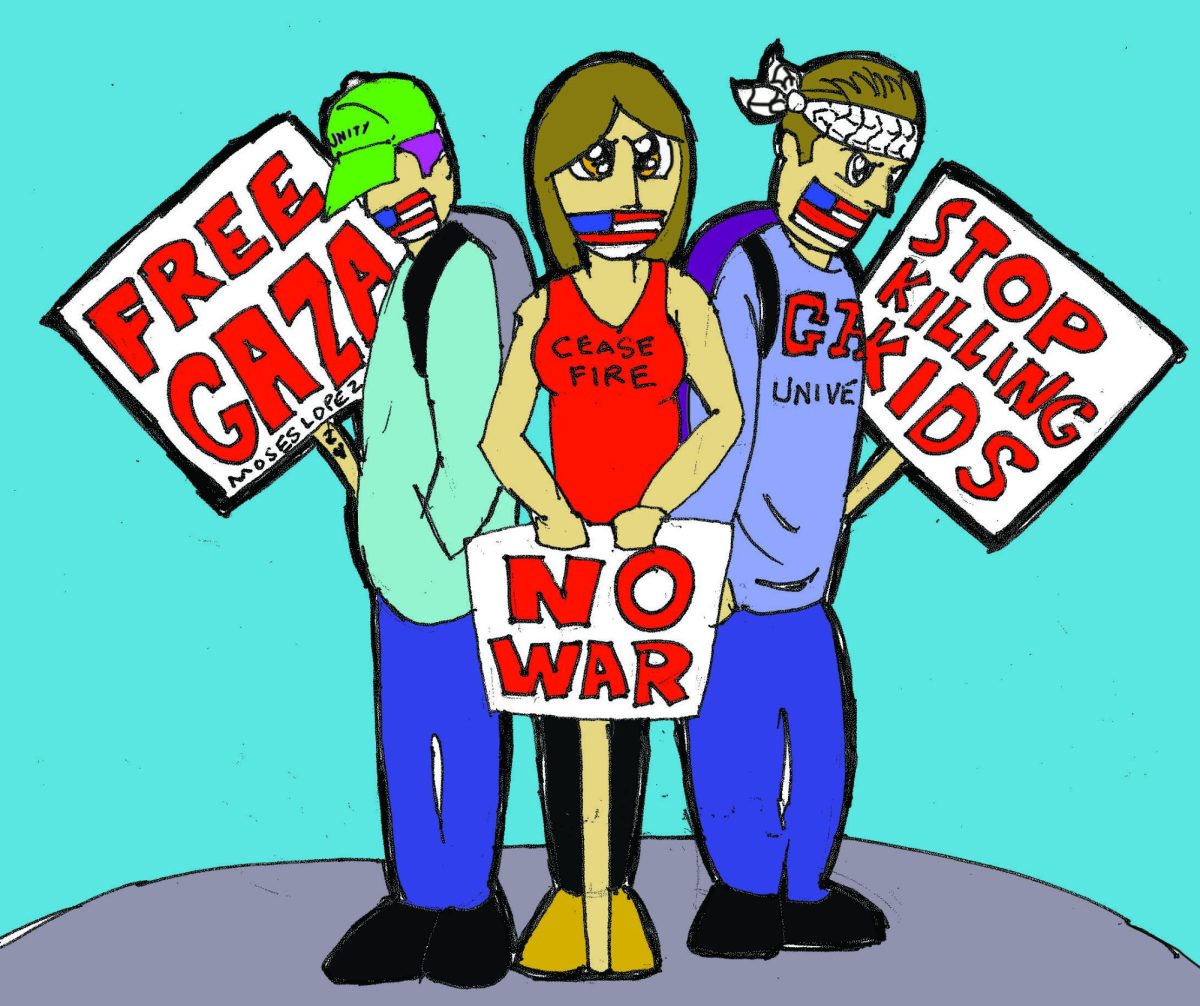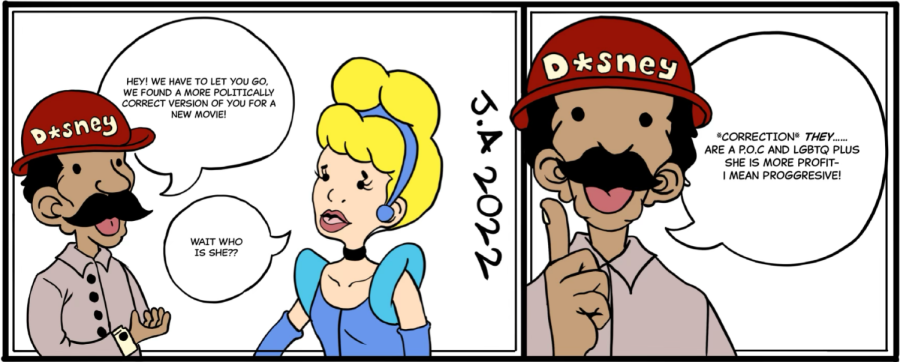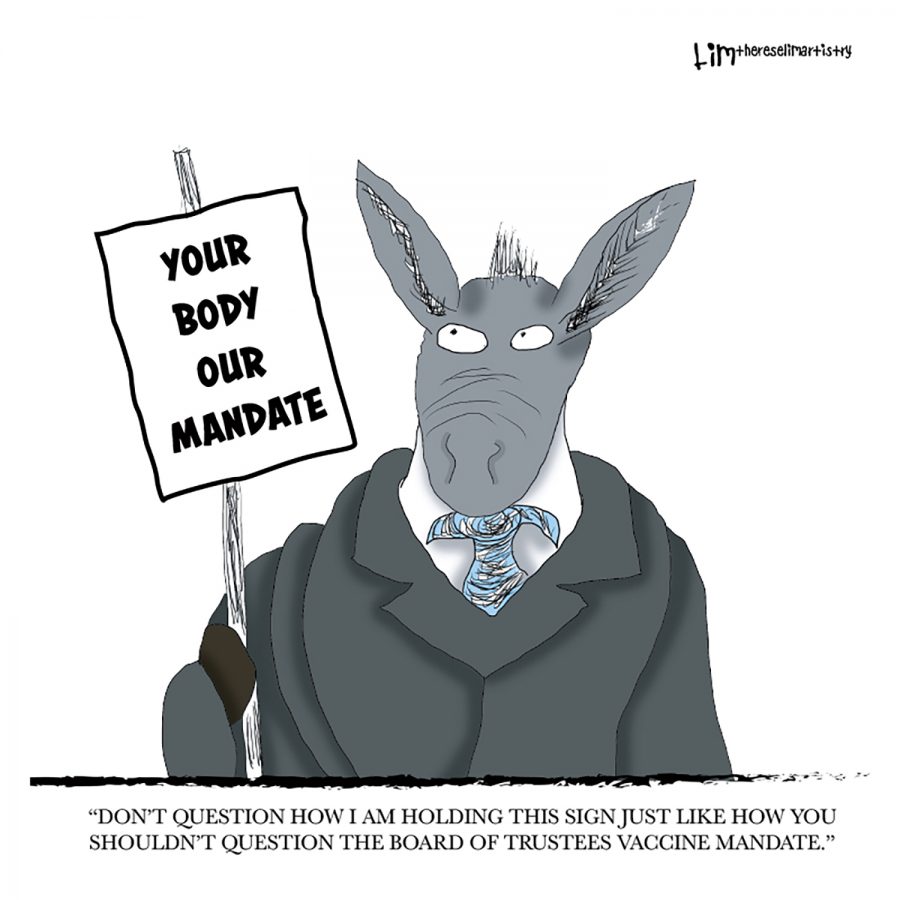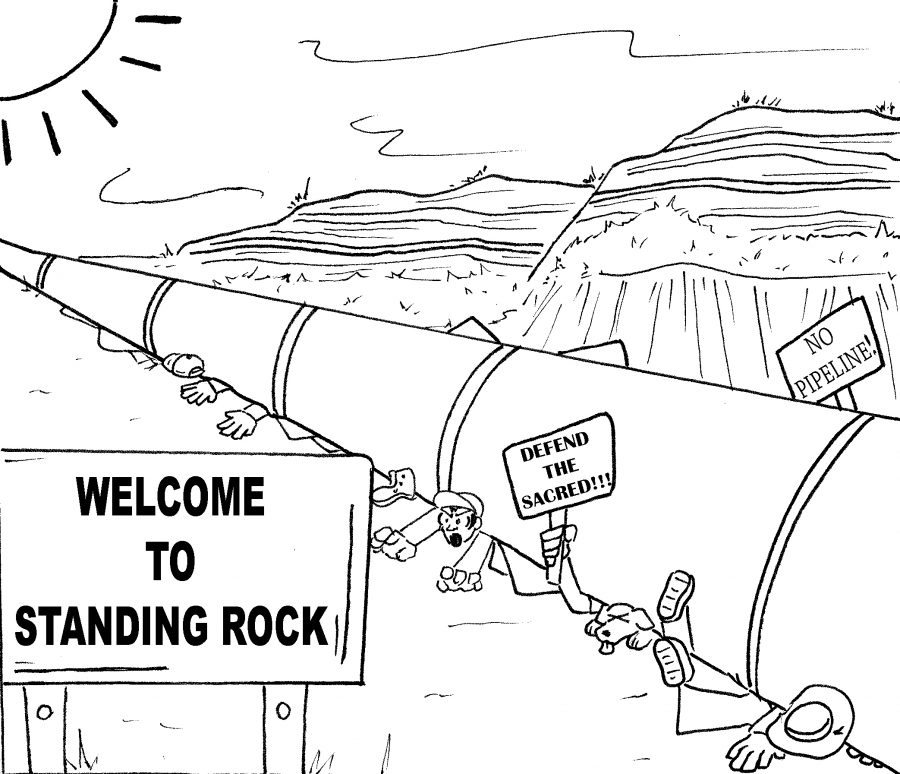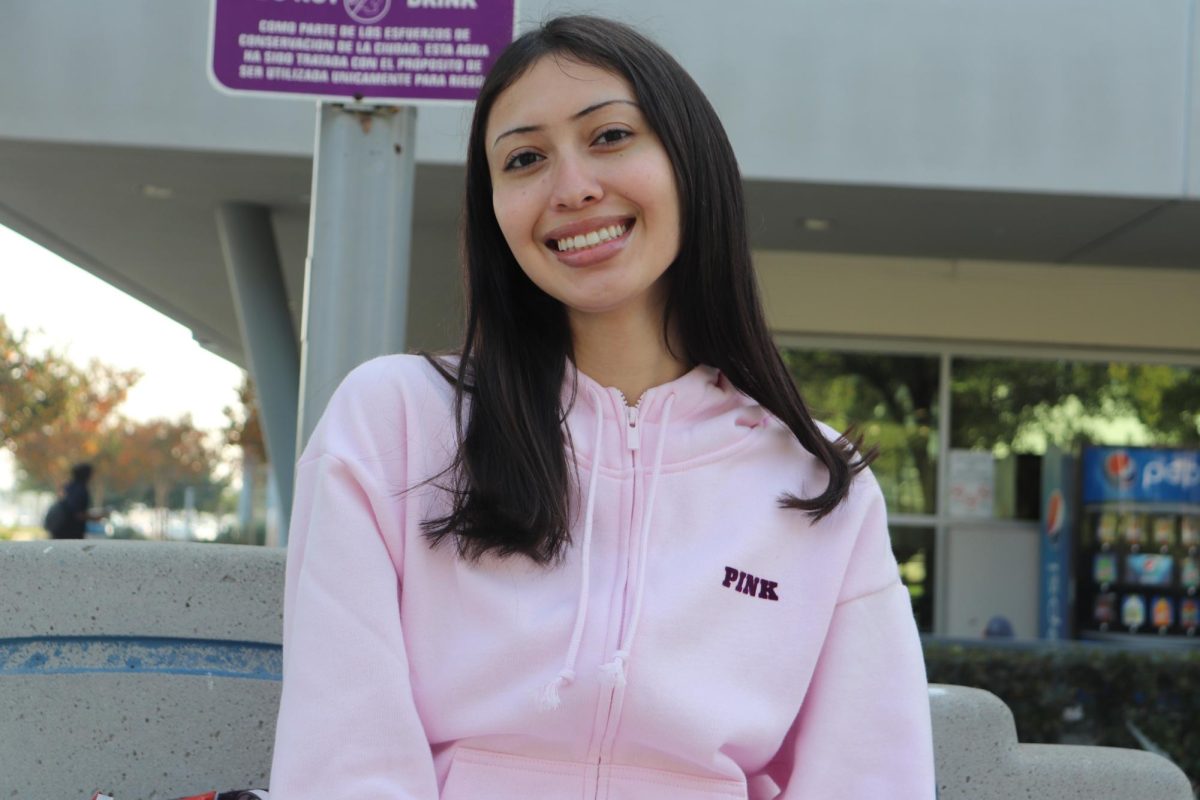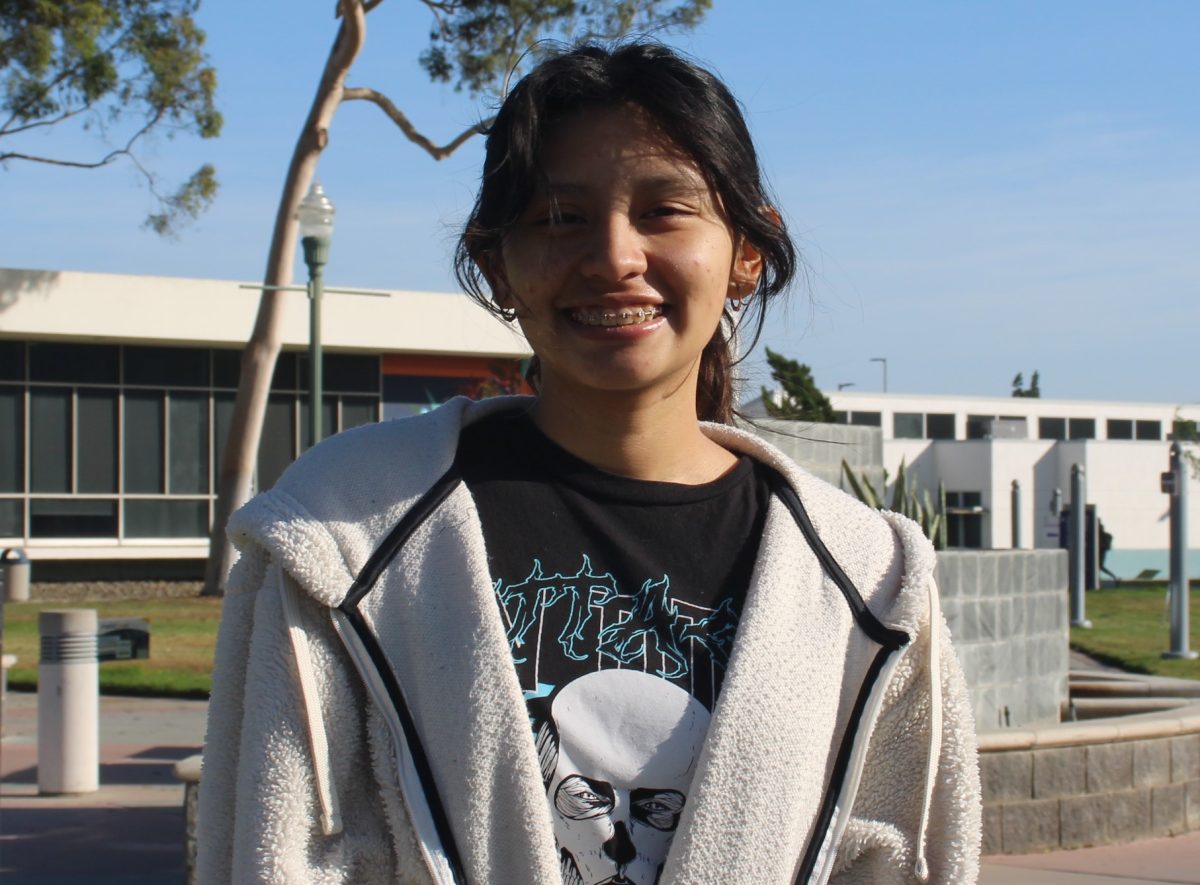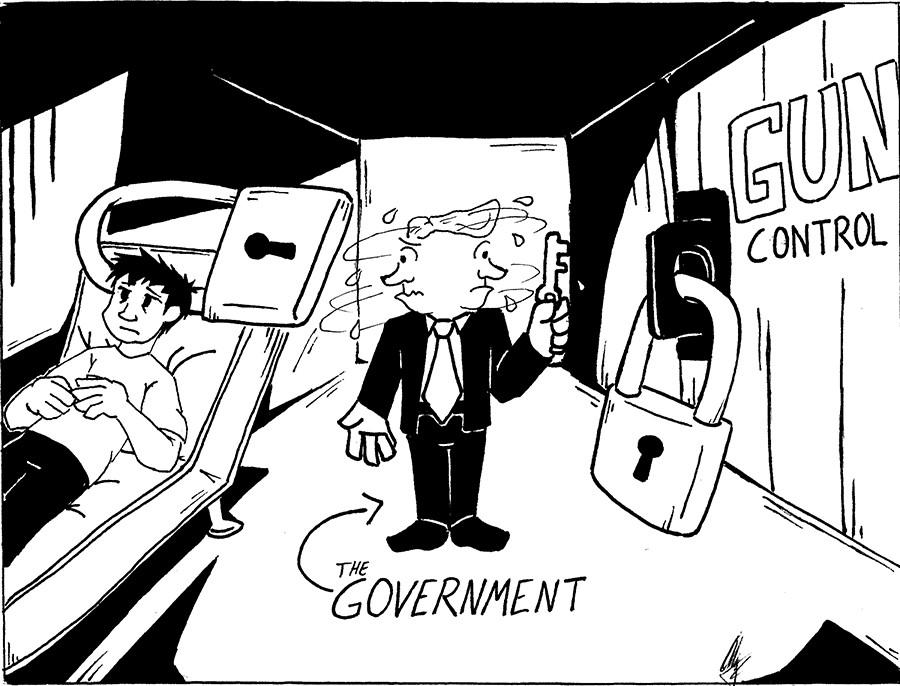
Umpqua, Virginia Tech, Sandy Hook, Columbine. These are just some of the more recent names burned into our collective memories as a nation. These acts of terrorism costs the lives of many people and in the aftermath, many are looking for answers.
Unfortunately in the search for a reason behind these acts, two things are thrown into the ring of discussion; gun control and mental health.
The debate shouldn’t be about gun control, it should be about education on mental health.
What ends up happening is that these things will be talked about in a way where it seems like the nation will finally buckle down and tackle these problems and fix them.
But nothing gets done.
One popular belief is that mental illness has something to do with these school shootings. The media will paint the aggressor as some sort lone wolf, outsider, loner type and throw out phrases like, “with history mental illness” or “suffered from.”
People don’t understand that correlation does not mean causation.
In our effort to understand the why of these things, we stigmatize and isolate those who live with mental illness.
If we must continue to bring up mental health into these debates after a shooting, whether its related or not, then let’s actually do something about it.
Like many things in our culture, the mistreatment and misunderstanding of individuals with mental illness, it comes down to education.
Many people feel uncomfortable talking about mental health and don’t know how to address it without causing harm or in a way that doesn’t reinforce negative stereotypes.
Just as point of reference as to why the conversation should focus on mental health instead of gun control is that, according to gunviolencearchive.org the number of gun related incidents as of Oct. 13, were 41,016.
10,352 of which were lethal.
Those are high numbers and it does call for a nation-wide conversation on gun control.
But to put it in perspective:
- One in five adults in the U.S., or 43.7 million, or 18 percent live with mental health problems.
- One in five people ages 13 to 25, or 21.4 percent experiences a severe mental disorder at some point during their life. For children ages 8 to 15, the estimate is 13%.3.
- In the LGBTQ community ranging from ages 10 to 24, suicide is one of the leading causes of death. LGBTQ youth are four times more likely and questioning youth are three times more likely to attempt suicide, experience suicidal thoughts or engage in self-harm than straight people. In the transgender community, 38 to 65 percent experience suicidal ideation.
- By race, in the16.3 percent of Hispanic adults live with a mental health condition, 18. 6 percent of black adults, 13.9 percent of Asian adults and in American Indian and Alaskan Native adults, there are 28.3 percent living with mental health conditions.
These staggering numbers via the Nation Alliance of Mental Illness, show just how much more important mental health is than gun control. There are also social factors that most people will forget to acknowledge such the homeless population, it is estimated that 26 percent of homeless adults staying in shelters live with serious mental conditions. We can’t forget the prison population or those in juvenile correction facilities.
According to NAMI, it is costing America $193.2 billion in lost earnings per year for those with serious mental health conditions.
We have to work together and learn to stop stigmatizing those with mental health conditions, to humanize them and help them live with or overcome the more serious conditions. We need to start using language that will create a positive environment for healing and understanding, to shake off the stereotypes that create a negative and ultimately harmful image of those with mental health conditions, that there can be a better quality of life for them, that they are not alone.
We must invest in creating a more supportive and educated network and resources everything from stress and anxiety to bi-polar disorder or schizophrenia to name a few.
A few good resources are:
For the LGBTQ community: The Trevor Project provides a national, 24-hours toll-free confidential suicide hotline for LGBTQ youth at 866-488-7386. The Trevor Project also provides an online chat and confidential text messaging—text “Trevor” to 202-304-1200.
For teens and young adults there is http://ok2talk.org.
For veterans there is: https://www.veteranscrisisline.net, which provides a number of resources for mental and physical health.


